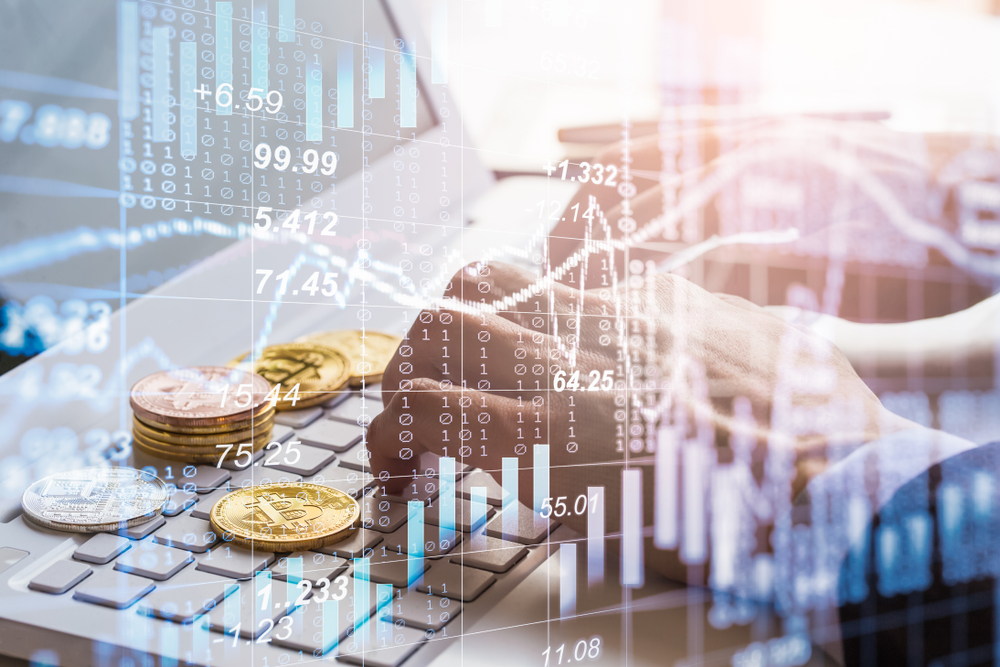Business
UBS: Economy Still Facing Deep Risks

Economists at UBS warn that even after an uptick in economic activity in May and June, the pace of recovery slowed in July as consumers, workers and businesses remain cautious.
The economists believe that the unemployment rate will be hovering around 10% by the end of the year. However, they do expect a strong jobs recovery next year as the country wins the battle against the pandemic. They expect the country’s GDP to rise 5% in 2021 as the economy slowly returns to normal.
The Basis of Models
UBS’ chief US economist Seth Carpenter added that the models that UBS is basing their GDP projections on don’t factor in a large increase in new infections. This is something that could add another hurdle to the recovery. Alan Detmeister, a UBS economist, believes that the recovery is less about the number of cases. Instead, it's more about the level of restrictions in place.
“The risks are deep,” said Carpenter during an interview with MarketWatch. He points to three challenges facing the economy as it tries to recover. These three include overall job growth is now slowing, incomes are falling, and both households and businesses are hesitant to make long-term plans.
When it comes to job growth, UBS economists are focused on what he calls “labor-market scarring,” according to Carpenter. He’s worried that the next 6 to 12 months could exhibit a “prolonged dislocation in the labor market,” and added, “What’s going to drive this is how fast people get their jobs back.”
The group also noted that except for the automotive sector, manufacturing jobs saw a drop in growth during July. The labor-force participation rate also slipped in July after gaining ground in May and June. “And within the employed, a large share remained either part-time for economic reasons or employed but not at work,” they noted.
Income Drops to Slow Recovery
Falling incomes will also slow any economic recovery. The bank warns that household incomes will drop 10% at an annual rate. This is due to the expiration of enhanced unemployment benefits and at least thus far, no additional stimulus checks. Even with an extension of unemployment benefits or another stimulus check, the economists say it won’t make up for the massive financial relief that was “the lifeblood to prevent the economy from tanking” from March through July.
This drop in incomes is putting further strain on the retail sector. Bankruptcies are piling up, most recently with Stein Mart announcing it would enter bankruptcy and will likely close most, if not all, of its 300 stores.
Neil Saunders, managing director at GlobalData Retail, notes that Stein Mart is just the latest retailer to go under. He's also sure that won’t be the last. “The failure of Stein Mart is not only the latest in a long line of retail bankruptcies, it also underlines that even traditionally robust segments like off-price are not immune from pandemic-induced disruption.”
He added, “For a company that, at the start of this year, was in the process of selling itself to a private investment firm, the bankruptcy is an abrupt change in fortunes that shows the immense damage the pandemic has inflicted on retail.”
Up Next:















